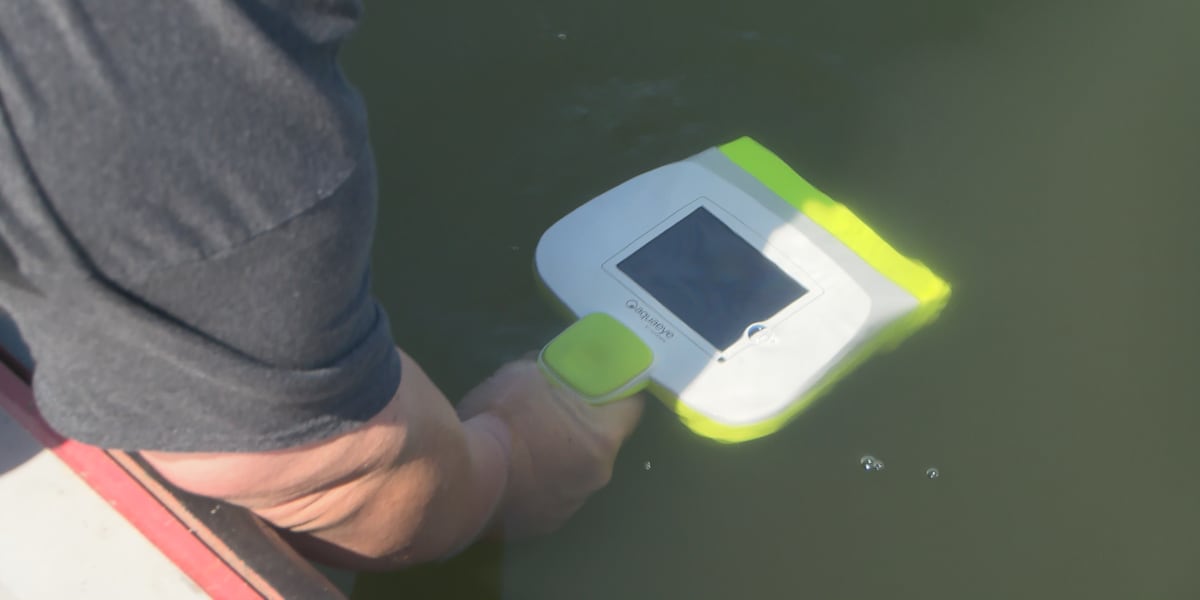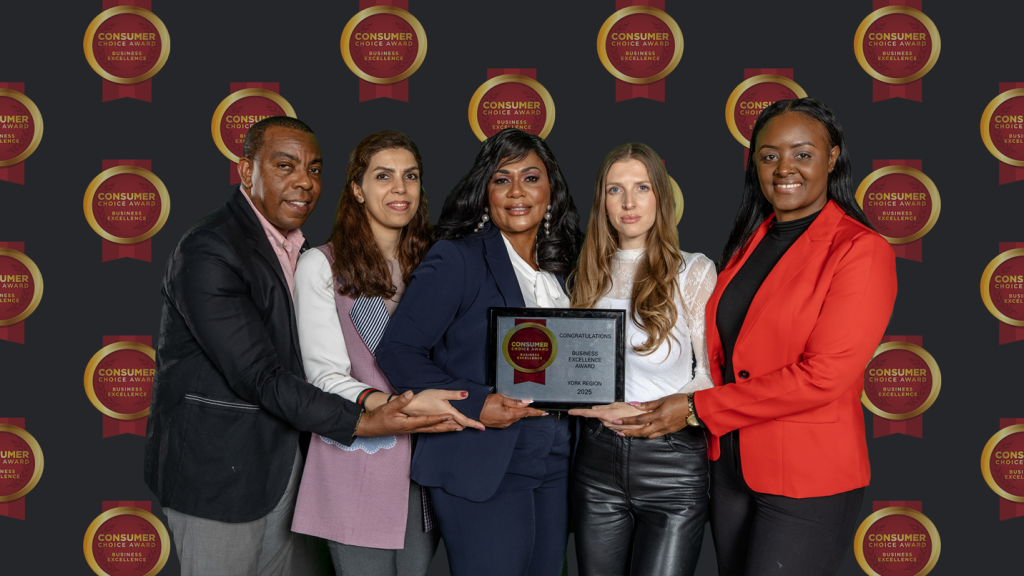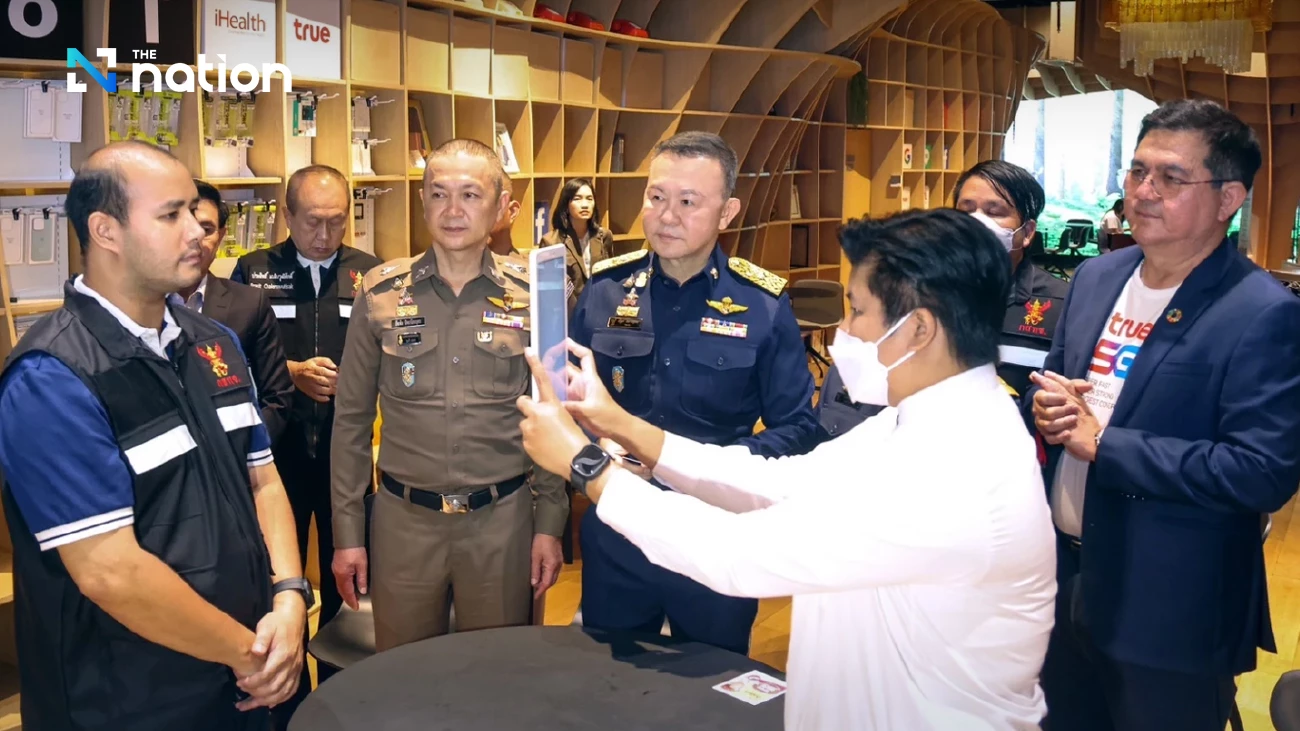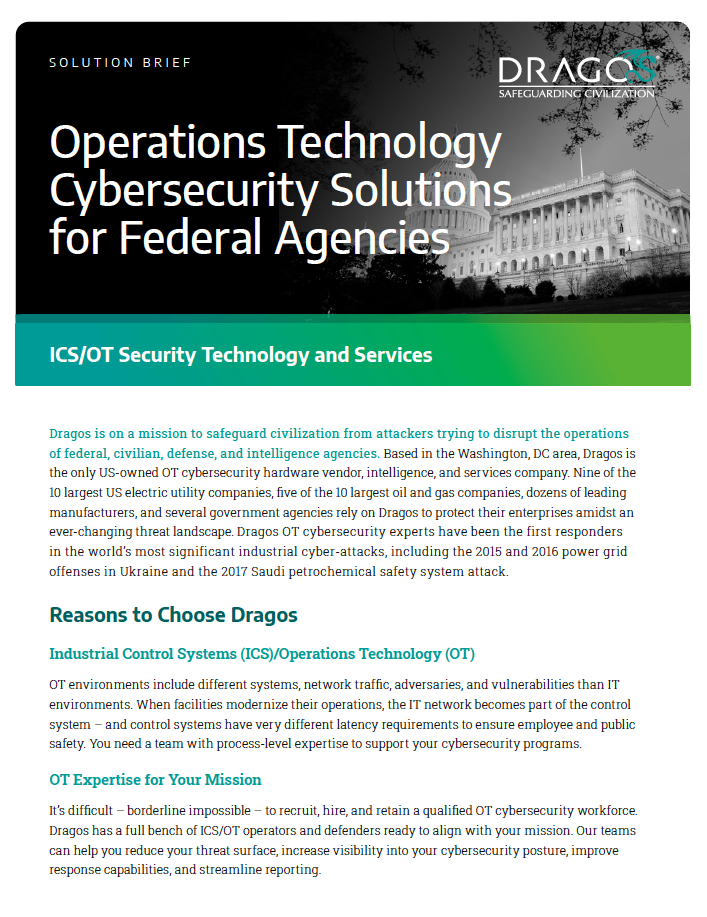Tesla's Self-Driving Tech Under Scrutiny: Lawsuits Raise Safety and Credibility Concerns in India

Tesla's ambitious pursuit of self-driving technology is facing a significant challenge as a series of recent lawsuits in the United States cast a spotlight on the safety and reliability of its Autopilot and Full Self-Driving (FSD) systems. These legal battles are not only impacting Tesla's financial outlook but are also raising serious questions about the company's approach to autonomous driving and the leadership of CEO Elon Musk.
The Lawsuits: A Growing Trend
The lawsuits stem from accidents where Tesla vehicles, operating under Autopilot or FSD, were involved in collisions, some resulting in severe injuries or fatalities. Plaintiffs allege that Tesla's technology is defective, misleadingly marketed, and inadequately tested, leading to dangerous situations for drivers and other road users. The claims often highlight the systems' tendency to misinterpret traffic signals, fail to detect pedestrians or cyclists, and exhibit unpredictable behaviour in complex driving scenarios. Several cases specifically cite instances where Autopilot failed to prevent collisions despite clear warning signs or obstacles.
Musk's Credibility and the Future of Tesla
These legal challenges have inevitably reignited scrutiny of Elon Musk's public pronouncements regarding Tesla's self-driving capabilities. Musk has repeatedly predicted imminent full autonomy, a timeline that has consistently been pushed back. Critics argue that his optimistic forecasts have created unrealistic expectations among consumers and potentially encouraged drivers to over-rely on the Autopilot system, leading to complacency and increased risk. The lawsuits are forcing a re-evaluation of whether Musk's leadership can deliver on his promises and whether Tesla's current development strategy is sustainable.
Impact on the Indian Market
While Tesla's direct presence in the Indian market has been somewhat limited, the outcomes of these lawsuits will undoubtedly have ripple effects. The Indian government is actively developing regulations for autonomous vehicles, and the safety concerns raised by these cases will likely influence the stringency of those regulations. Potential Tesla buyers in India are also likely to be more cautious, carefully weighing the risks and benefits of purchasing a vehicle with advanced driver-assistance systems. The reputation of Tesla, a brand increasingly associated with innovation, is on the line.
Beyond the Lawsuits: Technological and Regulatory Hurdles
The challenges facing Tesla extend beyond legal battles. Developing truly reliable self-driving technology is an incredibly complex undertaking, requiring vast amounts of data, sophisticated algorithms, and rigorous testing. Furthermore, regulatory frameworks around autonomous vehicles are still evolving globally. Tesla needs to demonstrate a commitment to safety and transparency to gain public trust and navigate the increasingly complex regulatory landscape. The company's approach to data collection, algorithm validation, and driver training will be under intense scrutiny.
Looking Ahead
Tesla’s future hinges on its ability to resolve these legal issues, enhance the safety and reliability of its self-driving technology, and regain public confidence. The company is expected to invest heavily in improving its systems, conducting more comprehensive testing, and providing clearer guidance to drivers regarding the limitations of Autopilot and FSD. The ongoing lawsuits serve as a stark reminder that the road to full autonomy is fraught with challenges, and that prioritizing safety must be paramount. The outcome of these cases will significantly shape the future of autonomous driving not just for Tesla, but for the entire industry, and will inevitably influence the regulatory landscape in markets like India.






